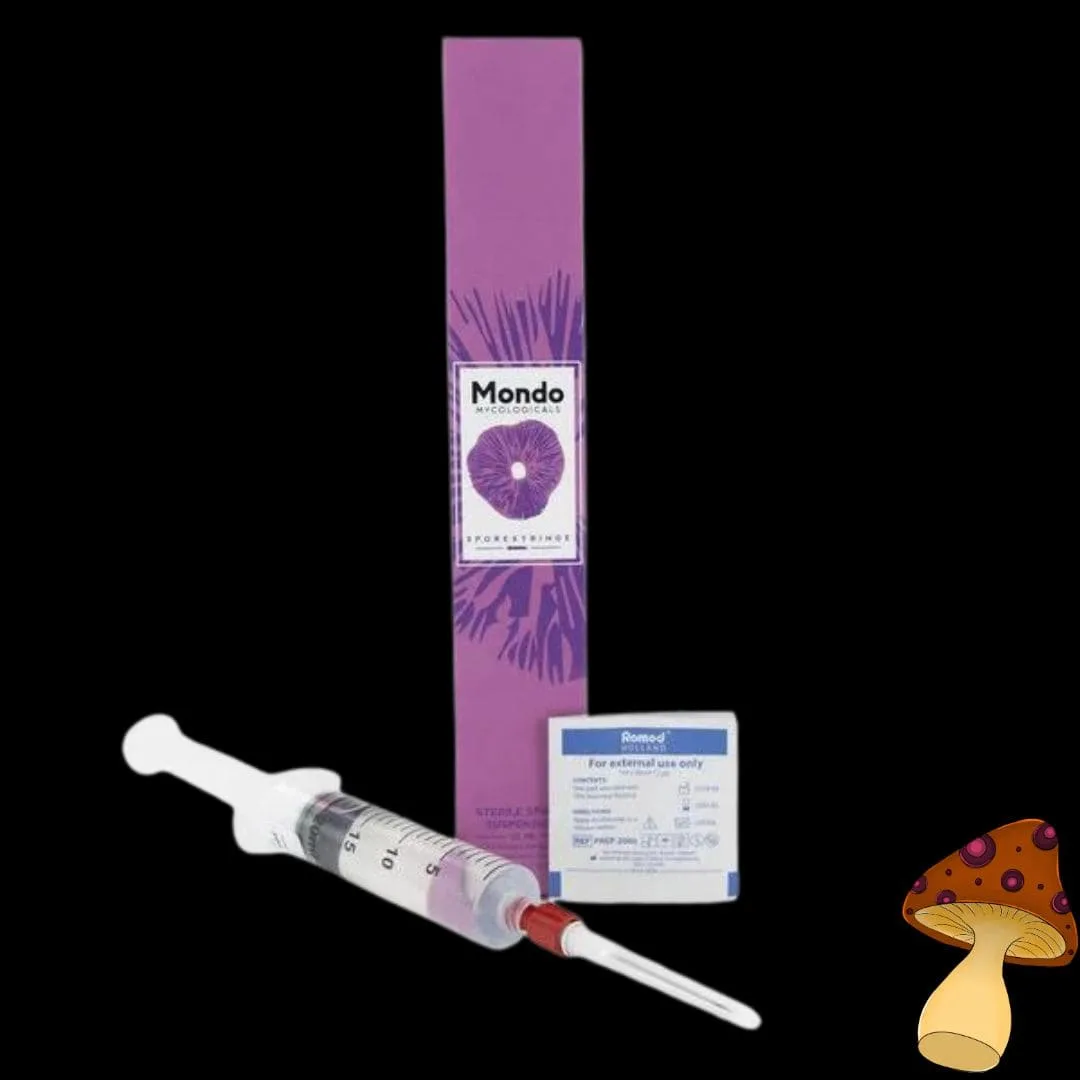Exposing the Myths about Mushroom Spores

본문
When it comes to mushroom cultivation and mycology, the subject of mushroom spores is often shrouded in misperceptions and myths of misconception. Over the years, various legends about mushroom spores have emerged, causing chaos and uncertainty among growers and enthusiasts alike. In this article, sporenspritze herstellen we'll delve into the world of mushroom spores and debunk some of the most common perceptions surrounding them.

One of the most enduring notions about mushroom spores is that they're highly explosive. This assumption likely originated from the fact that mushroom spores can be extremely fine and dry, making them potentially volatile in certain conditions. However, the reality is that mushroom spores are not volatile in the classical sense. While it's true that they can create a fine powder when disturbed, this powder is not volatile and won't lead to a dramatic explosion.
Another misconception surrounding mushroom spores is that they're highly contagious and can easily infect people or other living organisms. This myth is often perpetuated by media and portrayals, which portray mushroom spores as a deadly biohazard. While it's true that some mushrooms can be toxic or cause adverse effects, the spores themselves are not a significant risk to human health. In fact, mushroom spores are typically harmless and require unique conditions to germinate and cause harm.
One of the most widespread myths about mushroom spores is that they're highly specific and only suitable with a particular strain of mushroom. While it's true that different mushroom species have unique characteristics and growing requirements, spores are surprisingly versatile. In fact, some mushroom spores can germinate on a wide range of bases and under various conditions. This versatility is one of the reasons why fungus cultivation has become increasingly mainstream, as growers can test with different strains and substrates to achieve desirable results.
Another myth that's commonly associated with mushroom spores is that they're difficult to store and conserve. While it's true that many mushroom spores are sensitive to moisture and humidity, there are various methods for preserving and storing them for extended periods. These methods include using silica gel or freezing, which can help to hasten the growth process and prevent deterioration. As a result, mushroom spores can be stored for extended periods, making it possible to cultivate rare and unique species even in areas with limited environmental conditions.
Finally, one of the most enduring myths about mushroom spores is that they're only of concern to scientific researchers and enthusiasts. While it's true that some researchers and enthusiasts are deeply invested in the study and cultivation of mushroom spores, the truth is that anyone can learn about and appreciate these fascinating entities. Mushroom spores are a natural part of our environment, and understanding more about them can have a array of useful applications, from forestry and biotechnology to agriculture.
In summary, while misconceptions and confusions about mushroom spores are widespread, they're often based on a lack of comprehension or outdated information. By debunking these myths and exploring the fascinating world of mushroom spores, we can gain a deeper appreciation for these incredible entities and the many amenities they provide. Whether you're a seasoned grower or a intrigued enthusiast, learning more about mushroom spores can be a beneficial and fascinating experience.

댓글목록0
댓글 포인트 안내